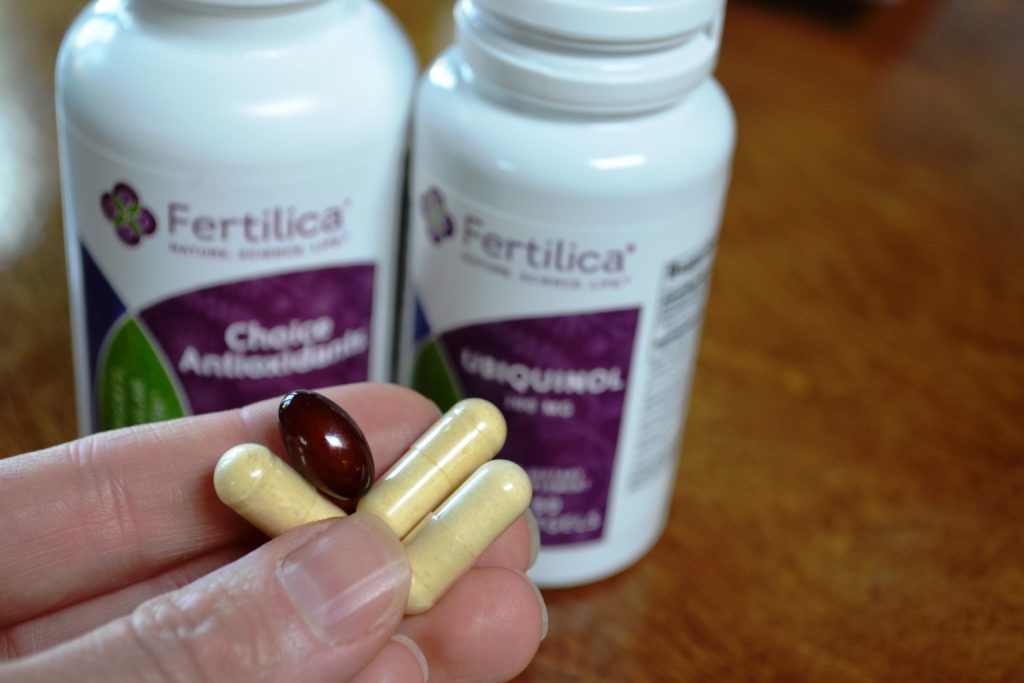

The origins and causes of PCOS aren’t fully understood, but we know that certain lifestyle factors can play a role. Patients with PCOS have increased risk for type 2 diabetes, cardiovascular disease, stroke, endometrial cancer, and mental health challenges like depression and anxiety.

When these systems are out of balance, as is the case in women with PCOS, additional health risks pop up that can lead to poor outcomes. That’s because so much of your functional health relies on your metabolic health, gut health, and hormones. More important than focusing on weight, managing insulin resistance and inflammation is fundamental for rebalancing sex hormones and getting PCOS symptoms in check. Furthermore, dieting can be stressful, and a goal in treating PCOS is to manage and reduce stress, so be wary of clinicians who prescribe weight loss as a first line of defense against PCOS. It’s also true that many women are overweight and obese with no signs of PCOS or the health risks that can sometimes accompany the diagnosis. We know that about 80% of patients with PCOS are obese, but about 20% of PCOS patients are of a normal weight. It’s a bit of a chicken and egg: does PCOS cause weight gain and difficulty losing weight, or do women who trend toward overweight and obesity run a higher risk of developing PCOS? But for now, suffice it to say that the relationships between weight and PCOS is confusing and still not quite understood in the research. I’ll get more into treatments down below.
#VITEX AND PCOS SUCCESS STORY SKIN#
Some of the lifestyle changes we recommend could result in weight loss, but the metrics we’re looking for have less to do with the number on the scale and more to do with your labs, your skin and gut health, and your stress levels. Many clinicians will lean heavily on weight loss as one of the ways to help patients alleviate symptoms of PCOS, but that approach somewhat misses the forest for the trees. Elevated levels of androgens (male hormones)Īgain, just having two symptoms on this list can lead to a PCOS diagnosis, but many women report having more than two.Insulin resistance (which can lead to type 2 diabetes).Anovulation (a lack of ovulation)/missed periods/inconsistent cycles.Middle-body weight gain and difficulty losing weight.Hormonal acne around the jawline, chest and back.Thinning scalp hair, whether male-pattern or female pattern baldness.Hirsutism: male-pattern hair growth, such as on the jaw and neck, breast and belly.In the case of PCOS, if you have two or more of these symptoms, you may have the syndrome or at least might benefit from the prescribed lifestyle changes I’ll go over below.

It’s a syndrome, not a disease, which means diagnosis is characterized by a collection of symptoms, making it sometimes difficult to diagnose. PCOS (also called polycystic ovarian syndrome) is a hormonal condition that affects between 5% to 15% of women of reproductive age. Let’s take a closer look at what PCOS is and the collection of symptoms it could cause, what causes it, and a natural treatment and supplement plan. Some of the most effective supplements for PCOS include probiotics, herbal blends to balance hormones, and inositol. The great news for you is that PCOS is very treatable, and a few key lifestyle changes and PCOS supplements will help start you off on the right foot. Understanding the syndrome and how it manifests in you is your first step to choosing the best course of action for treatment. Have you recently been diagnosed with polycystic ovary syndrome (PCOS)? If so, you might be wondering what your options are for getting some of the symptoms under control.


 0 kommentar(er)
0 kommentar(er)
